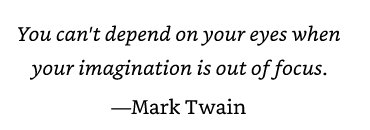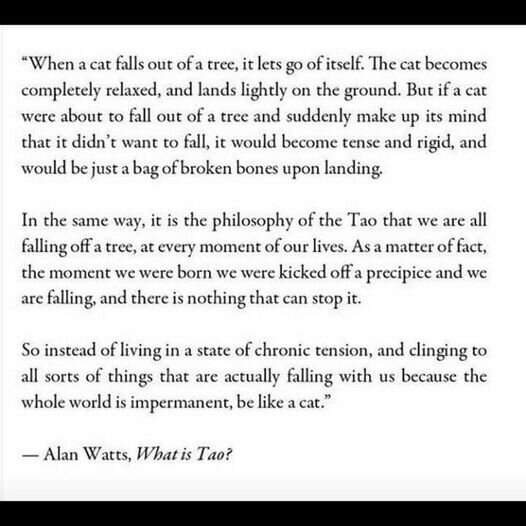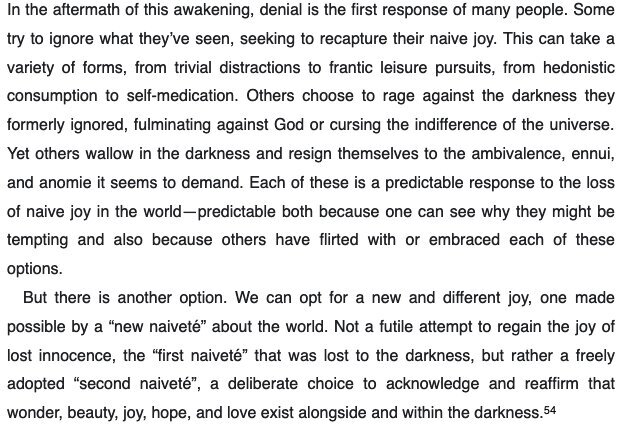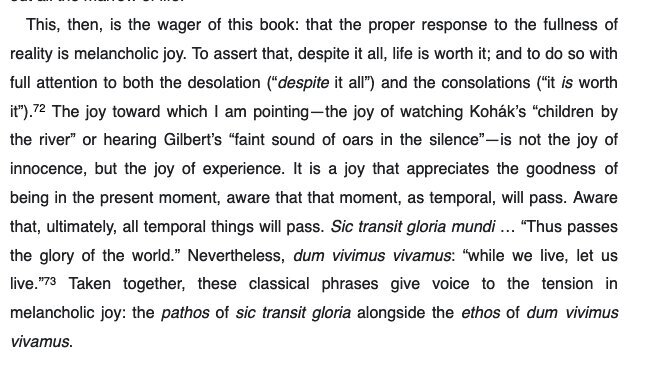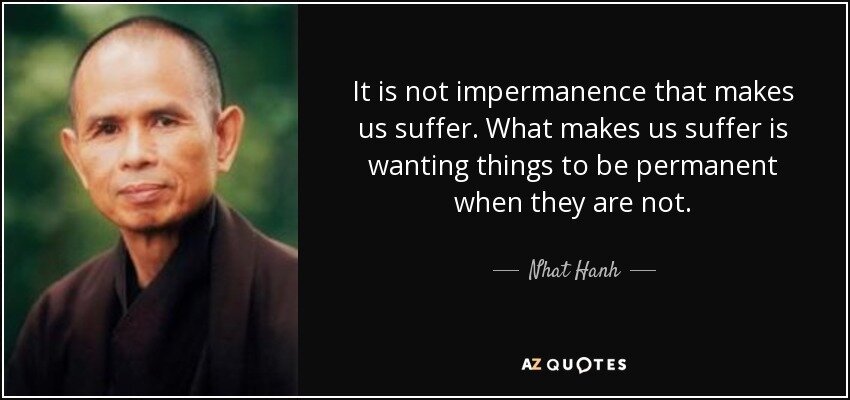“If you have a fight with yourself, who can win?”
“Trying to change how we actually feel by ordering ourselves to do so is a strategy that goes nowhere, fast.”
― Daniel J. Siegel, Mindsight: The New Science of Personal Transformation
“Trying to change how we actually feel by ordering ourselves to do so is a strategy that goes nowhere, fast.”
― Daniel J. Siegel, Mindsight: The New Science of Personal Transformation


